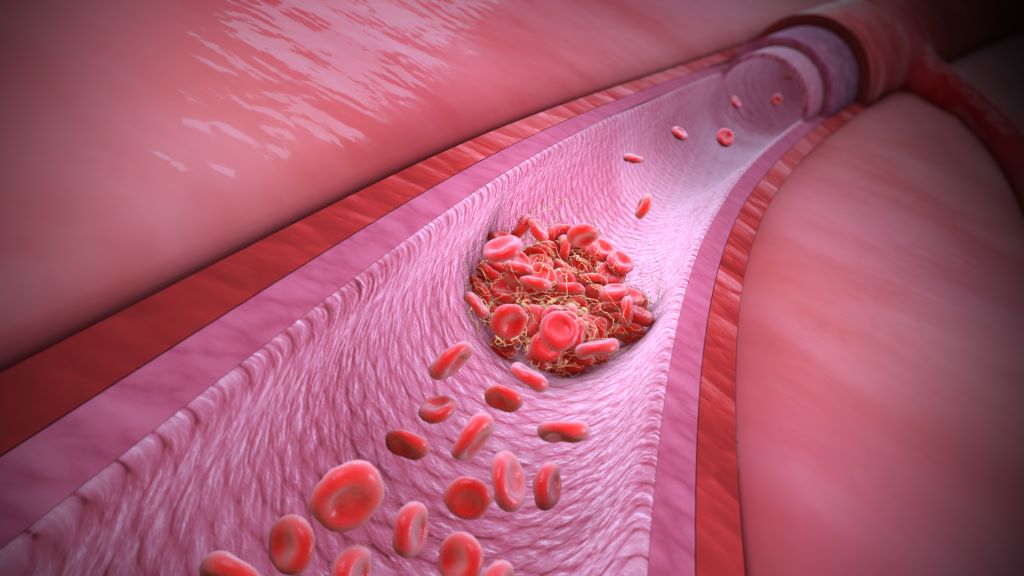
New University of Colorado Boulder research shows the popular sugar substitute erythritol comes with serious downsides, impacting brain cells in numerous ways that can boost the risk of stroke. The study was published in the Journal of Applied Physiology.
“Our study adds to the evidence suggesting that non-nutritive sweeteners that have generally been purported to be safe, may not come without negative health consequences,” said senior author Christopher DeSouza, professor of integrative physiology and director of the Integrative Vascular Biology Lab.
First approved by the Food and Drug Administration in 2001, erythritol is a sugar alcohol, often produced by fermenting corn, and found in hundreds of products made by various brands. It has almost no calories, is about 80% as sweet as table sugar, and has a negligible impact on insulin levels, making it a favourite for people trying to lose weight, keep their blood sugar in check or avoid carbohydrates.
But recent research has begun to shed light on its risks.
One recent Cleveland Clinic study involving 4000 people in the US and Europe found that men and women with higher circulating levels of erythritol were significantly more likely to have a heart attack or stroke within the next three years.
DeSouza and first author Auburn Berry, a graduate student in his lab, set out to understand what might be driving that increased risk.
To test impacts of erythritol on cells, researchers in the lab treated human cerebral microvascular endothelial cells (hCMECs) for three hours with about the same amount of erythritol contained in a typical sugar-free beverage.
They observed that the treated cCMEVs were altered in numerous ways:
They expressed significantly less nitric oxide, a molecule that relaxes and widens blood vessels, and more endothelin-1, a protein that constricts blood vessels. Meanwhile, when challenged with thrombin, cellular production of the natural clot-busting compound t-PA was “markedly blunted.” The erythritol-treated cells also produced more reactive oxygen species (ROS), aka “free radicals,” metabolic byproducts which can age and damage cells and inflame tissue.

Previous research has shown that as little as 30g of erythritol (about as much as you’d find in 600mL of sugar-free ice cream) can also cause platelets to clump together, potentially forming clots.
“Big picture, if your vessels are more constricted and your ability to break down blood clots is lowered, your risk of stroke goes up,” said Berry. “Our research demonstrates not only that, but how erythritol has the potential to increase stroke risk.”
DeSouza notes that their study used only a serving-size worth of the sugar substitute.
For those who consume multiple servings per day, the impact, presumably, could be worse.
The authors caution that their study was a laboratory study, conducted on cells, and larger studies in people are now needed.
That said, De Souza encourages consumers to read labels, looking for erythritol or “sugar alcohol” on the label.
“Given the epidemiological study that inspired our work, and now our cellular findings, we believe it would be prudent for people to monitor their consumption of non-nutrient-sweeteners such as this one,” he said.
Source: University of Colorado Boulder

